Table of Contents
ToggleProven Methods to Get Rid of Ants in Your Home
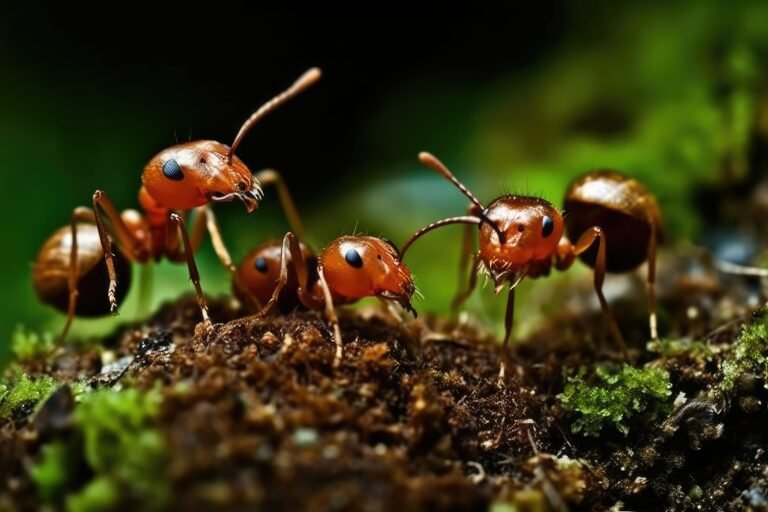
There are millions of species of ants in the world, making them one of the most prevalent household pests. When these insects penetrate our houses, they can soon grow to be a nuisance, whether they are big carpenter ants or little sugar ants. We’ll go over tried-and-true strategies for successfully eliminating ants from your house in this extensive tutorial.
We’ll go over a number of subjects, such as the many kinds of ants, their numbers worldwide, what kills them, how to deal with army ants, and how to get rid of sugar ants. Gaining knowledge about these facets of ant management will help you combat ant infestations and maintain a pest-free house.
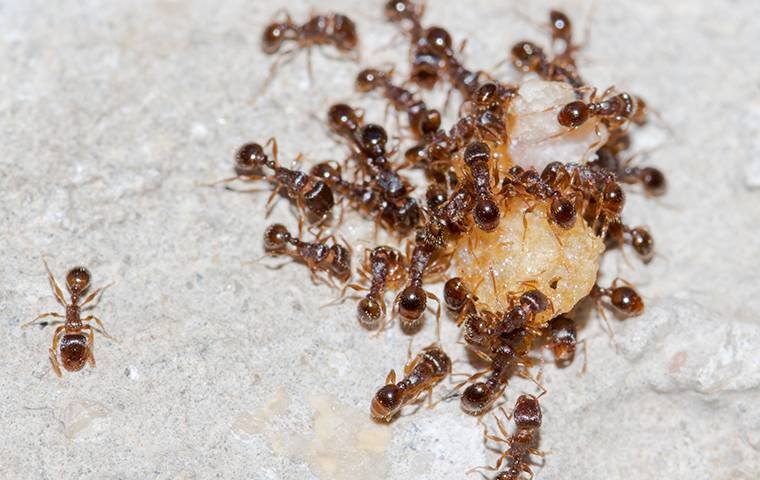
Understanding Ants:
Formicidae is the family of ants, which are distinguished by their cooperative nature and highly structured social structure. Ants come in more than 12,000 different species, each with unique habits, sizes, and colors. Certain ants, like carpenter ants, can seriously destroy a home’s structural integrity, but other ants are just harmless scavengers.
Large ants called carpenter ants build their nests in wood, which over time can erode wooden structures. Carpenter ants, in contrast to termites, dig tunnels into wood in order to construct nesting chambers. A sawdust-like frass, audible rustling sounds coming from interior walls or wooden structures, and the presence of winged reproductive ants emerging from nests are all indicators of a carpenter ant infestation.
How Many Ants Are in the World?
Ants are so abundant and diverse that estimating their worldwide number is difficult. According to some scientists, the number of ants worldwide may reach trillions or perhaps quadrillions, far greater than the number of humans. As scavengers, predators, and seed dispersers, ants are vital to the cycling of nutrients and the health of the soil in ecosystems.

What Kills Ants?
There are several ways to efficiently destroy ants and get rid of infestations in your house:
1.Baits: One of the best ways to kill ants is with baits that contain slow-acting pesticides. The bait is returned to the nest by worker ants, where it is distributed among the queen and other colony members. The insecticide eventually causes the ant colony to disintegrate by interfering with its reproductive cycle.
2. Sprays: You can use insecticide sprays to temporarily relieve infestations and kill ants on contact. Sprays might not, however, reach the nest or kill the queen, leaving the colony partially uncontrolled.
3. Diatomaceous Earth: Made of fossilized diatoms with abrasive qualities, diatomaceous earth is a naturally occurring mineral. Ants become dehydrated and eventually die when they come into touch with diatomaceous earth because it absorbs oils from their exoskeletons.
4. Boric Acid: A popular insecticide that works well against ants is boric acid. Boric acid causes digestive system disruptions when consumed, which eventually results in ant death. To make DIY ant baits, combine boric acid with sugar or other attractants.
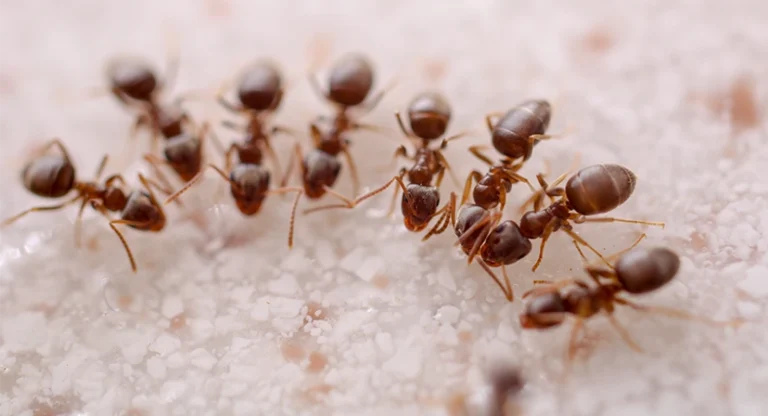
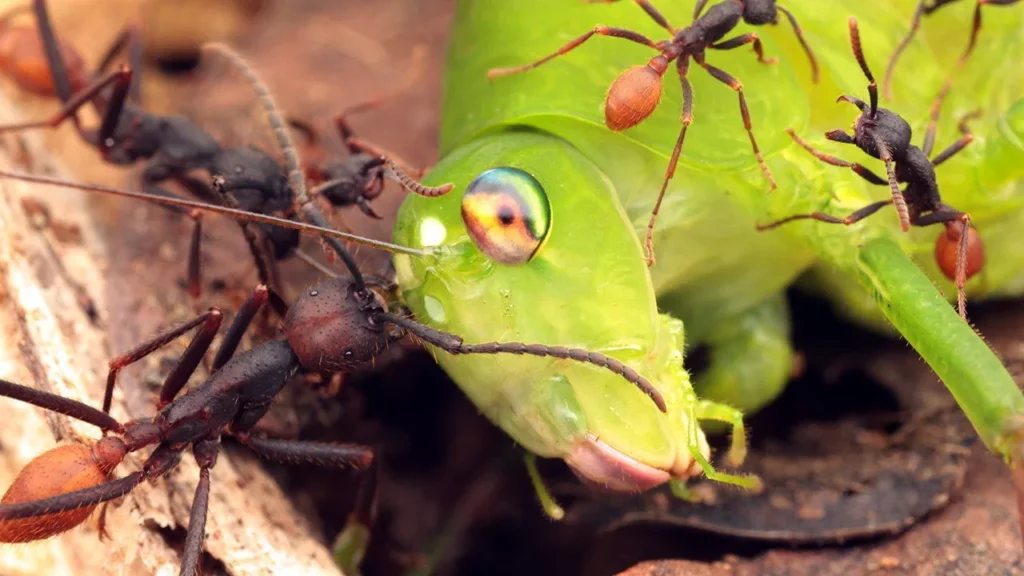
Handling Army Ants:
Army ants, sometimes referred to as legionary ants, are extremely aggressive ants distinguished by their large colonies and wandering lifestyle. These ants travel in swarms and feed on other insects, such as termites and cockroaches, which are pests. Even while army ants don’t often attack homes, it can be unsettling to come upon a swarm of them outside.
If you see army ants close to your house, you should try not to bother them and let them carry on with their normal activities. Army ants regulate insect populations and aerate the soil, two essential functions they perform in ecosystems. But, it can be essential to get help from a pest control expert if army ants endanger people or pets.
How to Get Rid of Sugar Ants:
Small brown or black ants drawn to sugary foods are called sugar ants, sometimes referred to as odorous house ants. These ants frequently break into homes in quest of food supplies, such fruit juice, honey, or sugar that has spilled. To efficiently eradicate sugar ants, adhere to following steps:
1. Remove Food Sources: To prevent sugar ants from having access to food sources, clean up spills and crumbs as soon as possible and keep food in sealed containers.
2. Use Ant Baits: To attract ants and destroy the colony, use ant baits with sugar-based attractants next to ant routes and entry sites.
3. Seal Entry Points: To stop sugar ants from getting into your house, seal any gaps, fissures, and openings around windows, doors, and pipes.
4. Preserve Cleanliness: To deter sugar ants from building a nest within your house, keep it clutter-free and tidy.
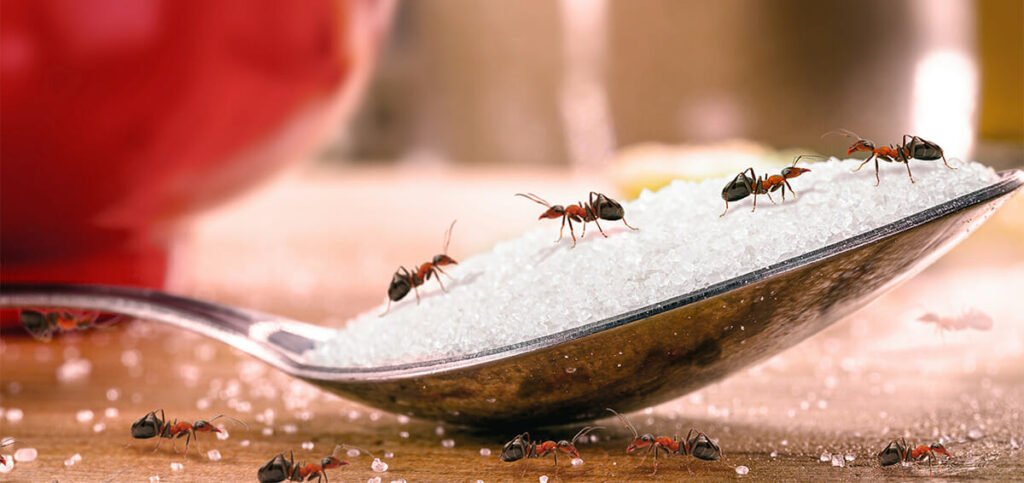

Get Rid of Ants:
Use these general recommendations to get rid of ants in your home:
1. Determine the Type of Ant: Various ant species could need various approaches to manage them. Determine the type of ants that are in your house in order to choose the best course of action.
2. Find Entry Points: Look for any holes, cracks, or openings in your house where ants might be getting in. To stop more infestations, seal these access points.
3. Eliminate Food Sources: To stop ants from being drawn in, clean up spills, crumbs, and food waste. Food should be kept refrigerated and kitchen surfaces should be kept spotless.
4. Use Ant Baits: To draw ants and destroy the colony, place ant baits close to ant routes and entry sites. For optimal results, adhere to the bait product’s directions.
5. Watch and Reapply: To guarantee that the ant population is consistently under control, keep an eye on ant activities and reapply baits as necessary.
In summary:
Ants are a typical household nuisance that, once established in your home, can be difficult to eradicate.
You may prevent and get rid of ant infestations by being proactive and learning about the behavior and behaviors of ants, including carpenter ants, the number of ants worldwide, what kills ants, how to deal with army ants, and how to get rid of sugar ants.
Using tried-and-true control techniques and getting expert help when needed will help you achieve long-term success in keeping your house free of ants, regardless of the severity of your ant problem.

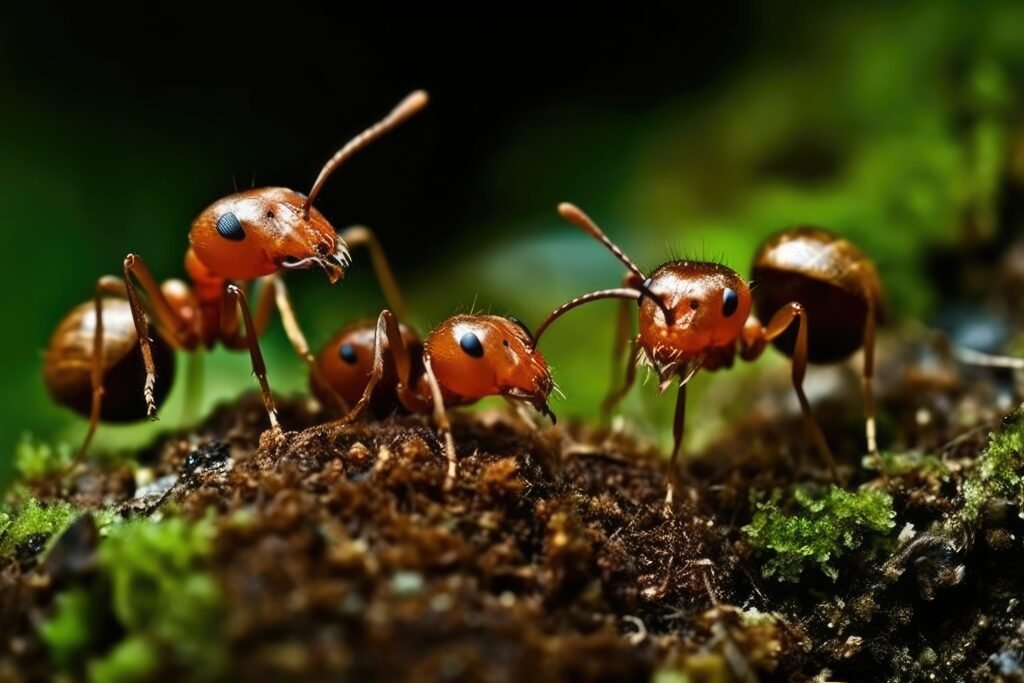
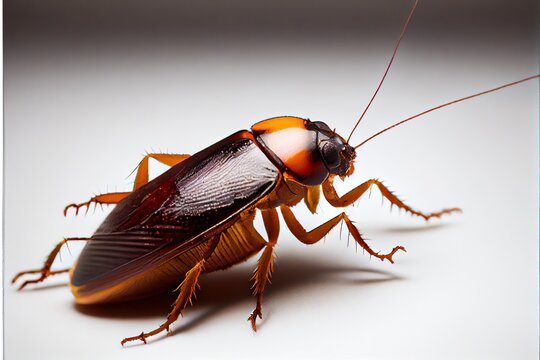
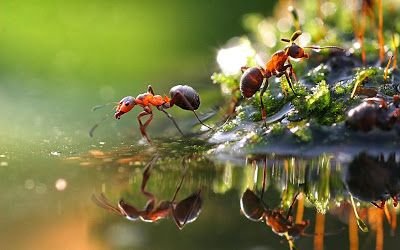
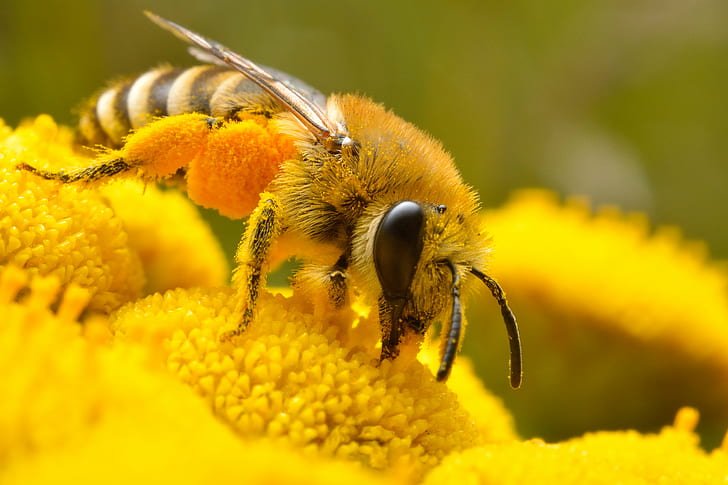



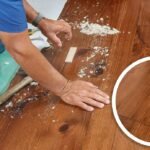
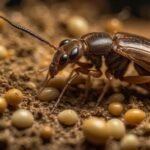

Pingback: Tackling Termites: Effective Strategies for Termite Control - PEST MASTER SOLUTION